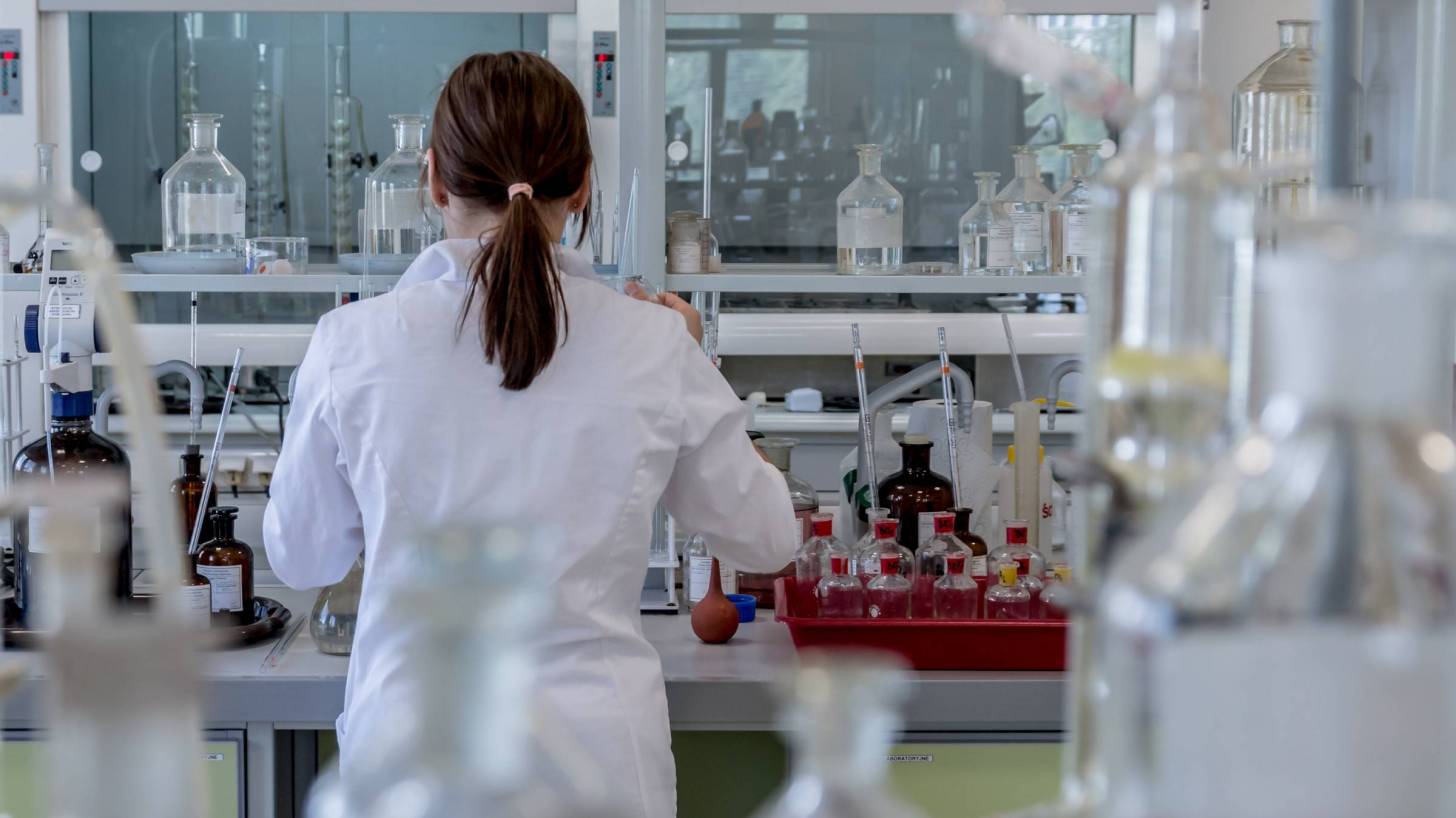Opioid Vaccine Researchers Receive $3 Million Dollar Initial Grant

Researchers from Virginia Tech have been awarded a two-year $3,091,192 grant from the National Institutes of Health (NIH)’s National Institute on Drug Abuse to develop a therapeutic vaccine to counteract opioid addiction.
If the proposed milestones are met, this NIH grant can be expanded to a five-year award totaling $8,783,147.
Fueled by the gravity of an epidemic that claims 130 lives each day from overdose, Chenming Zhang, Ph.D., and team are developing what could be the next-generation opioid addiction treatment.
“It’s a complicated societal problem, one that impacts all walks of life,” said Dr. Zhang, a professor at the Virginia Tech College of Agriculture and Life Sciences and the College of Engineering, in a September 10, 2019, press release.
“Once you start developing vaccines against psychoactive compounds, you can aim your technology where society needs it,” Dr. Zhang said.
“Opioids get into the blood and then the brain. At present, there is no cure or way to solve the dependency they create.”
“Our hope is that the vaccine, consisting of 1-shot and 2-boosters, will help recipients develop antibodies against opioids. It will alleviate the symptom of the ‘high’ generated by the brain.”
In partnership with Marion Ehrich, a toxicologist from the Virginia-Maryland College of Veterinary Medicine, Marco Pravetoni from the University of Minnesota, Mark LeSage from the Hennepin Health Research Institute, and Scott Runyon from industry partner, RTI International, Dr. Zhang is developing the vaccine, while several of his collaborators will produce the opioid molecule and conduct safety and behavioral studies.
Small molecules, such as nicotine and opioid, must be attached to a certain type of carrier for a vaccine to enact the desired immune response.
Dr. Zhang’s team uses an inorganic nanoparticle to present the opioid molecule to the body – an approach that is effective because the nanoparticle mimics the behavior and structure of a virus.
Once the human body thinks it has been infected with a virus, the immune system is then able to launch a rapid response.
The proposed vaccine may also save lives during an overdose.
In this instance, the idea is that the body will respond to the vaccine by quickly producing antibodies to prevent the opioids from accessing the brain.
Opioids act on the nervous system to produce feelings of pleasure and pain relief. Opioids create dependence almost immediately.
Although they promise a temporary prescription for pain, when users become dependent, the drugs deliver a long-term subscription to misery.
“It’s staggering how many have lost their fathers, mothers, sons, and daughters,” said Dr. Zhang. “It must be devastating to confront such loss. We want to save peoples’ lives.”
“This is why we do research, right?"
Published by Precision Vaccinations
Our Trust Standards: Medical Advisory Committee










